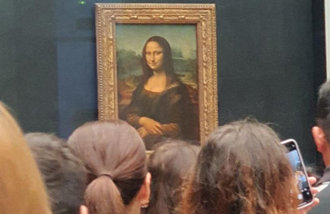Yunnan: Search for Shangri-la

Readers of the Chinese historical novel Romance of the Three Kingdoms can remember Meng Huo. When Zhuge Lian went on an expedition to the Nanzhong region, south of Shu Han, he captured and released Meng Huo seven times to make him surrender on his own.
The novel depicts the Nanzhong region as if it were far away from Shu Han. Yet the region is not far from Chengdu, where Liu Beis Shu Han was based. Perhaps rocky mountains and rivers might have been the reason behind the depiction.
The Nanzhong region was the capital of the Dali Kingdom after the Southern Dynasties collapsed in 937. Dali was home to marble, and was also famous for puer tea, a favorite in China.
With mild temperatures all around year, Yunnan boasts exotic scenery dotted with palm trees and mixed with snow-covered high mountains. The city is known as a backpackers paradise.
Yunnan is also a land of coexistence. Half of Chinas ethnic minorities live there. They live together and each village keeps its own traditions and languages. Old and cutting-edge civilizations co-exist, as does nature and humanity.
Seven people who love traveling and taking photographs went to this land of co-existence. They were poet Park Roh-hae, photographers Lee Gap-cheol, Lee Sang-yeop, Chung Il-ho, copywriter Lee Hui-in, office worker Hwang Moon-ju and traveler Hwang Seong-chan. Their book contains letters they wrote to their loved ones in Yunnan and pictures of the region. Color and black-and-white pictures capture the beauty of Yunnan, while their letters tell touching stories of the people there.
Lee Sang-yeop visited Xishuangbanna, where puer tea is made. His picture of a puer tea field is boundlessly green. He, however, did not fail to capture the people in the scene. With increasing popularity of puer tea and ensuing rise in price, merchants from big cities have rushed to the tea fields, buying up tea leaves that are not yet harvested, and watch farmers harvesting tea leaves.
Park went to a plateau village with a German Leica camera. In a 3000-meter-high plateau, the poet faced a state of nature untainted by the outer world. Though it might have been easy to forget all worldly things and simply enjoy the scenery, Park realized that there is no such thing as pure beauty and that a state of beauty contains intense breaths in it. He also witnessed ethnic minorities gradually losing their language and culture because of discrimination.
zeitung@donga.com







